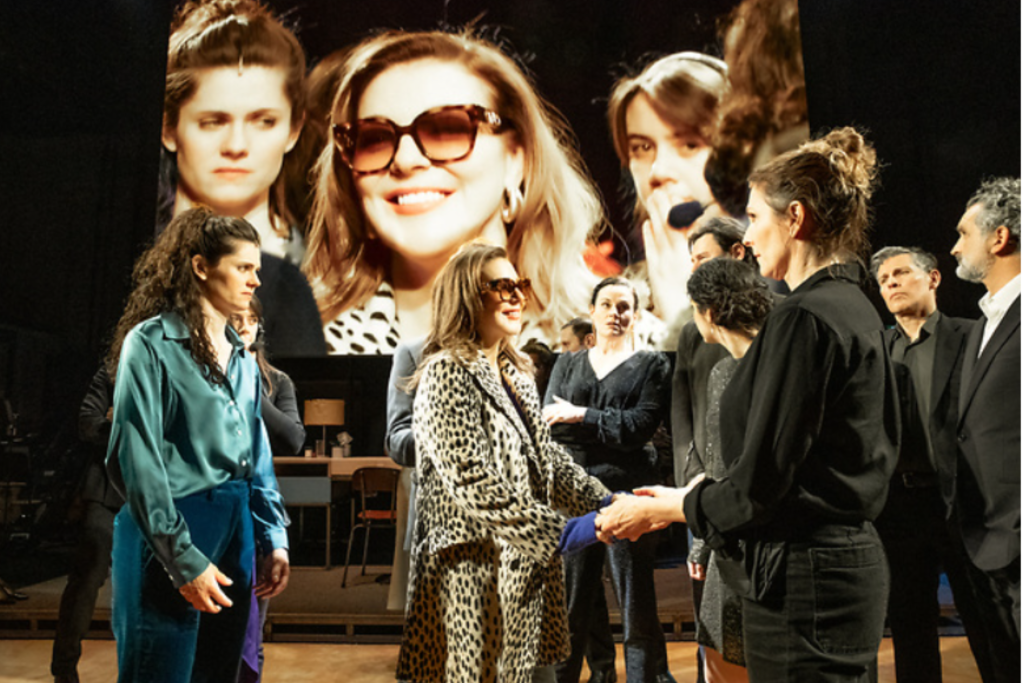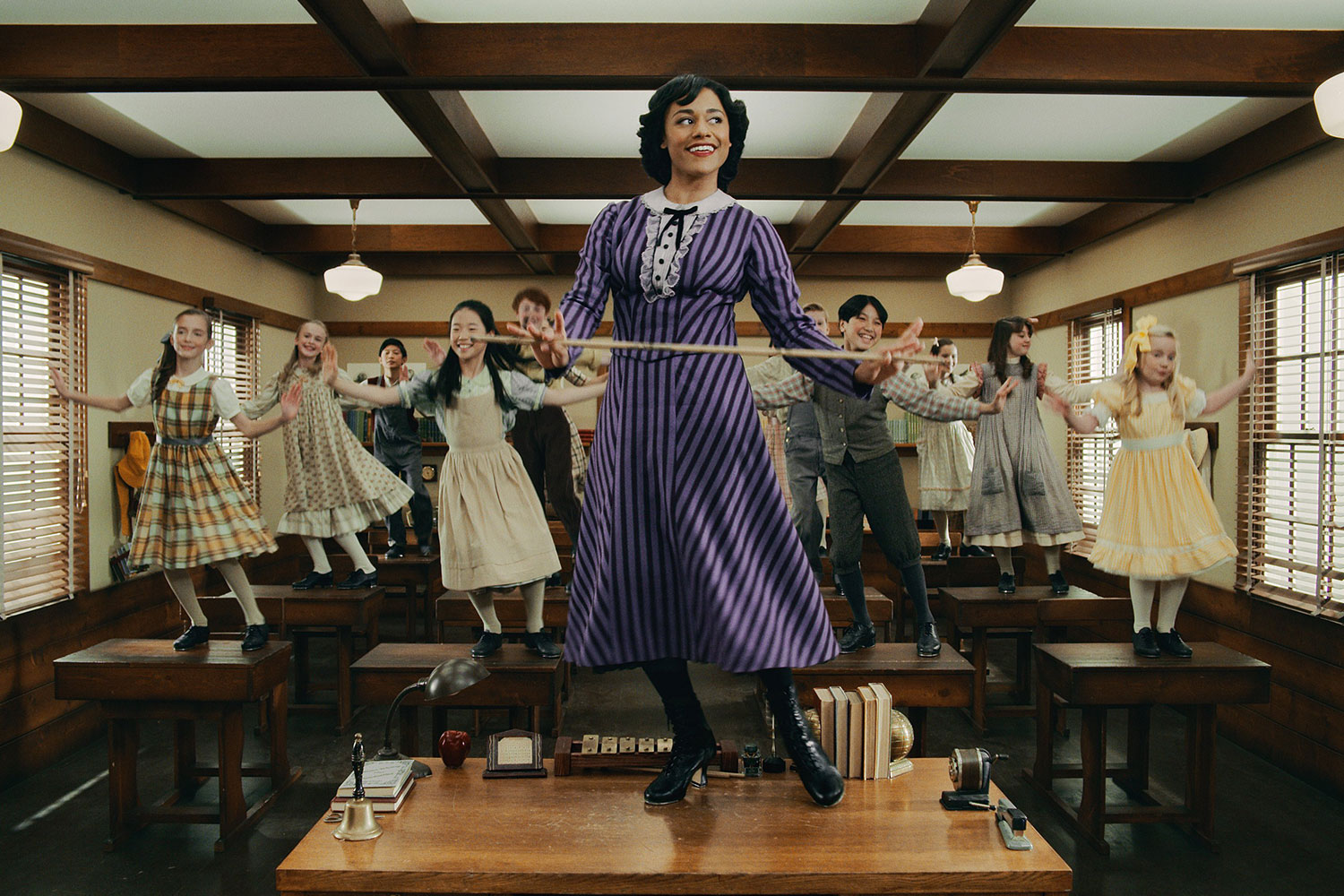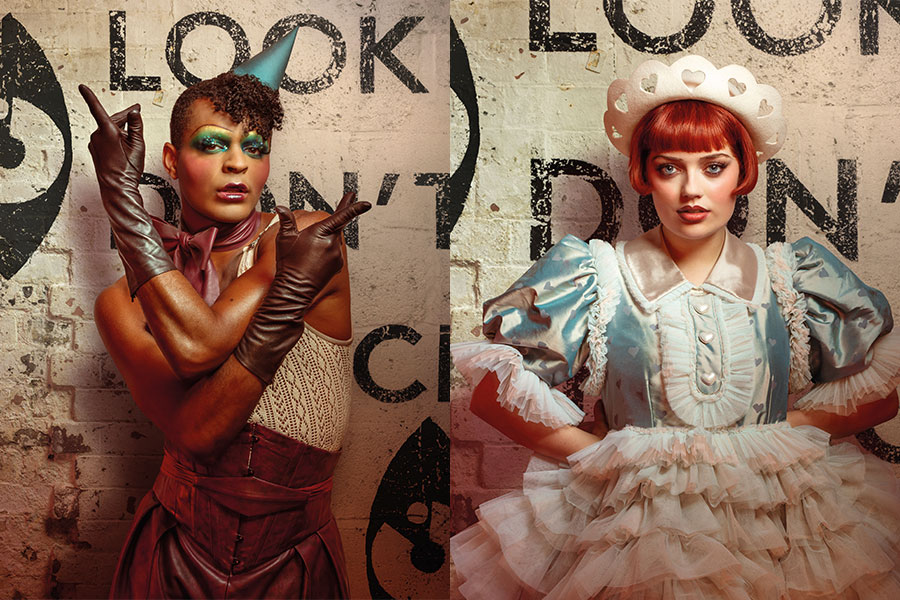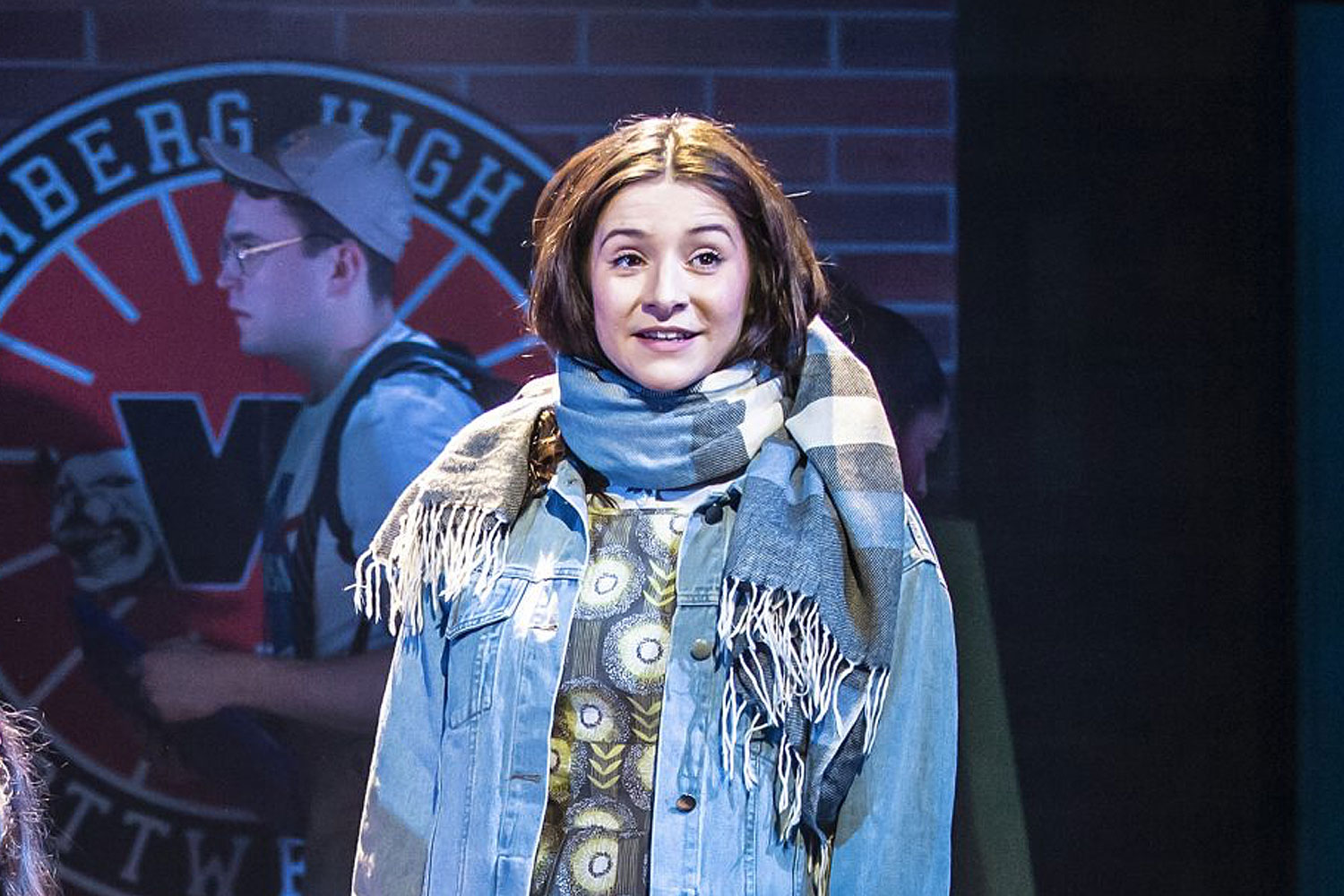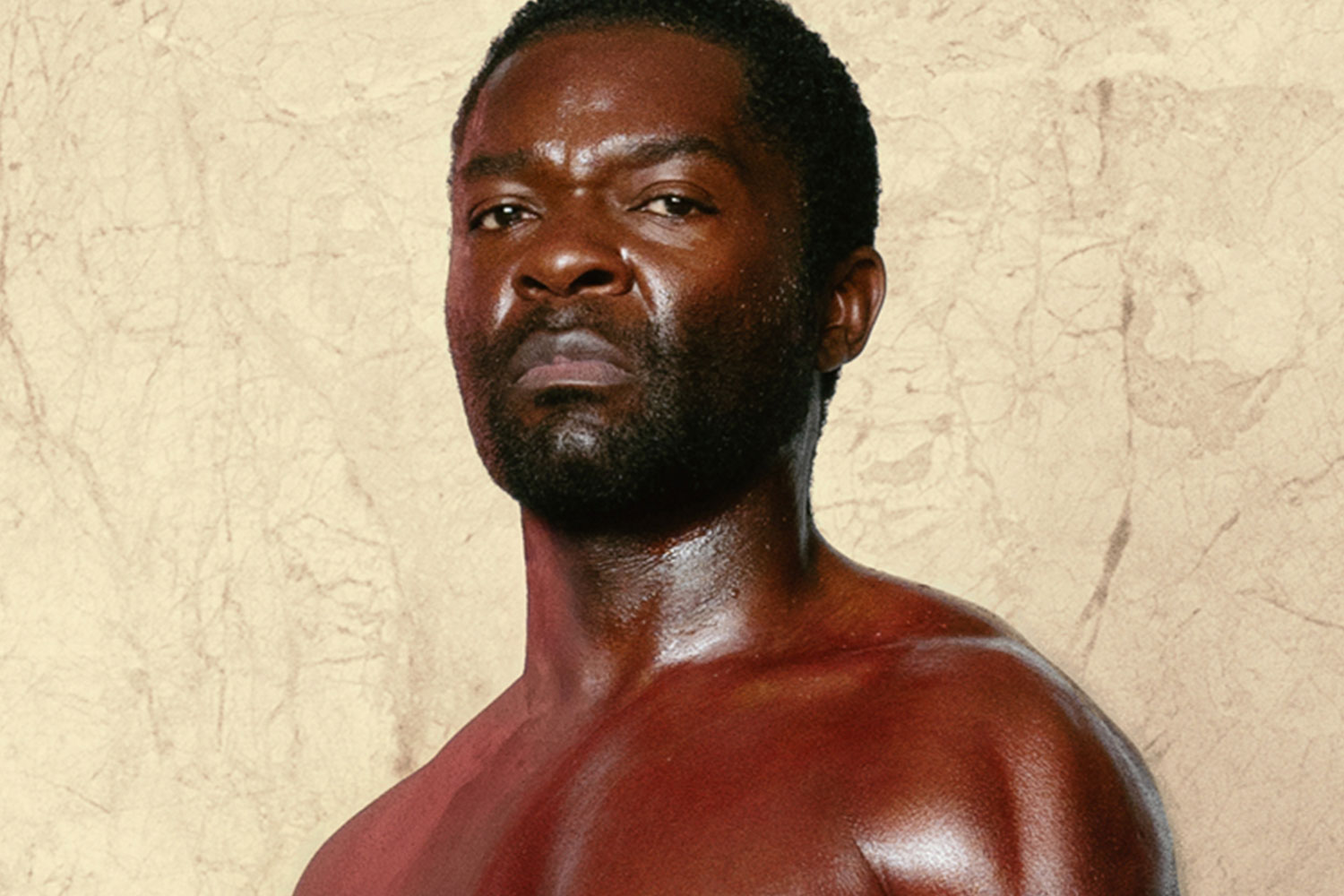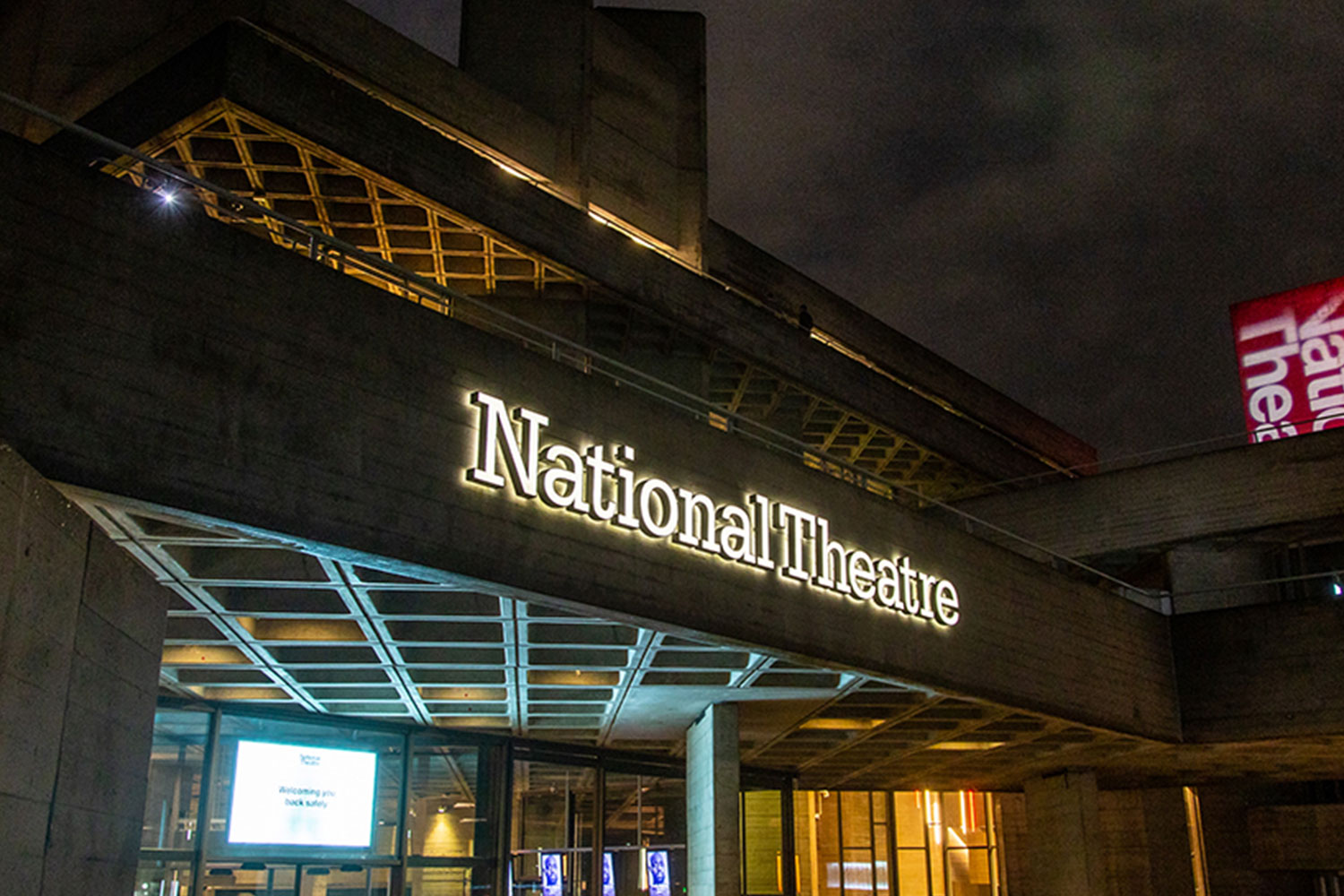The Strange Case of Dr Jekyll & Mr Hyde (tour – Ipswich)
Within a couple of years of its first publication there were stage adaptations of Robert Louis Stevenson’s novella The Strange Case of Dr Jekyll & Mr Hyde. The European Arts Company has dramatised classic novels before but theirs is just the most recent riff on the theme of the scientist whose experiments go too far. Jonny Kemp frames the story with the Whitechapel murders of 1888 and the performances in the same year by American actor Richard Mansfield of Jekyll/Hyde.
Some of the sound effects and use of props works extremely well, however – a saw cutting wood mimics the rhythm of a train, tongue-clucks imitate the ticking of a clock, mops become sheep and a brace of yapping dogs. If only the scurrying from one location to another didn’t so much resemble people trying to create one jigsaw from two separate designs with different cuts.
Female characters are introduced – a sister (Catriona) for Jekyll, Mary Ann Nichols (the Ripper’s first victim), a chatty woman who gets into the wrong compartment on a train, a pub singer and a French adventuress. All these are personified by Jennifer Bryden who delineates each as a credible individual characterisation and manages her quick changes of costume adroitly.
The actor who carries the weight of the show is however William Hartley in the title roles. His Jekyll is all purse-lipped, elbow-buttoned, tied-kneed Scottish rectitude. His Hyde is flamboyant in a scarlet waistcoat with hat at a jaunty angle and wielding his sword-stick with deadly effect. It’s a bravura performance on anyone’s terms with the face and the stance leaving us in no doubt who is who.
Richard Lathom plays the actor Mansfield and a trio of socialites – not to mention a lady of the night propping up a Seven Dials lamppost. Once we are in Perthshire, he takes on Jekyll’s father, a dour Scot blanketed in Calvinist predestination dogma and dead set against any sort of frivolity (such as dancing to celebrate his daughter’s engagement). Arthur James does a nice turn as Poole, Jekyll’s Jeeves-like manservant as well as Catriona’s fiancé Lanyon and the pub landlord who sells much more than ale in his back room.
Kemp is concerned to make explicit what is merely inferred in the original book. Among other things this is the conflict between faith and science, rigorous certainty against the exercise of free will. We are exposed to the grimy underbelly of Victorian society, including teenage prostitution, slum life, the double-standard of men who require virgin brides and immaculate drawing-rooms but frequent gambling hells and buy other, more sordid pleasures in dark corners behind velvet curtains.
It works better in the second half, when the frantic scene-changes are fewer. But this cast is good enough to have given us the story in a much less turbulent fashion. It certainly works as a piece of theatre after its own fashion, but its creaks need a judicious touch of the oilcan.




